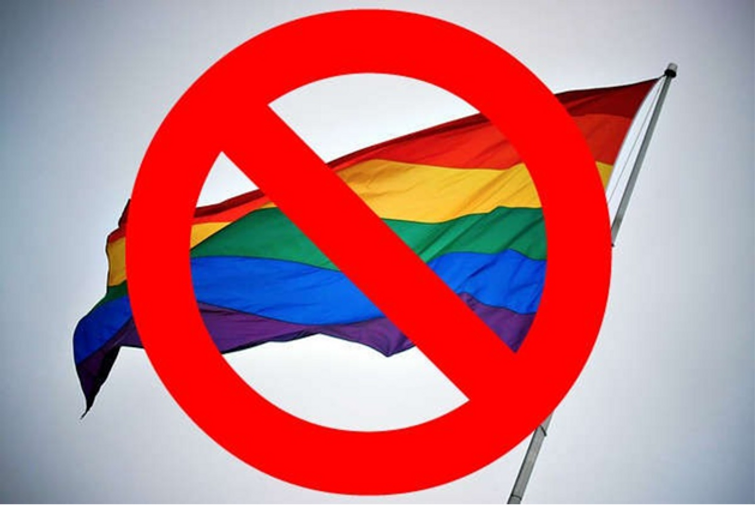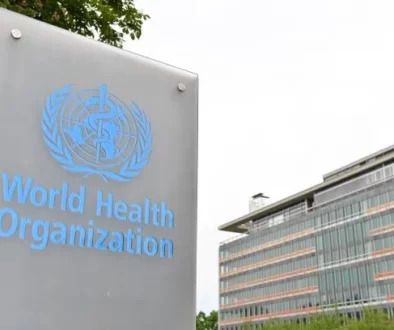Russia banned LGBTQ+
Russia’s Supreme Court on Thursday banned what it called the “international LGBTQ+ movement” an extremist organization and prohibited all activities associated with it in the country immediately.

Russia’s highest court found in favour of a motion filed by the Ministry of Justice which claimed the LGBTQ+ community risked “inciting social and religious discord”, in violation of Russia’s Law on Countering Extremism, according to a statement from the UN condemning the decision.
While there is no legally recognized LGBTQ+ community in Russia under the country’s discriminatory anti-gay law, Thursday’s ruling states: “The claims are to be satisfied: to recognize the international LGBTQ+ movement as an extremist organization and to prohibit its activities in Russia,” according to state news agency RIA Novosti.
Any public activity associated with what Russia considers to be “non-traditional” sexual preferences could now be deemed “extremism”, a crime punishable by heavy prison sentences.
Until now, LGBTQ+ people risked heavy fines if they engaged in what the authorities called “propaganda”, but not imprisonment.
LBGTQ+ movement have faced an intensifying crackdown in recent years, as President Vladimir Putin seeks to shore up his image as defender of traditional moral values against the liberal West.
In the statement Thursday, the UN said it “deplores” the ruling and warned that it could leave “members, employees and people engaging with such organisations” at risk of criminal charges and imprisonment.
Homosexuality was officially decriminalized in Russia in 1993.
In July this year, Russia passed a law banning doctors from conducting gender reassignment surgeries, except in cases related to treating congenital physiological anomalies, in children.
In December 2022, Putin signed into law a bill that expanded a ban on so called LGBTQ+ propaganda in Russia, making it illegal for anyone to promote same-sex relationships or suggest that non-heterosexual orientations are “normal.”
The new law was an extension of legislation introduced in 2013, which banned the dissemination of LGBTQ+ related information to minors.



